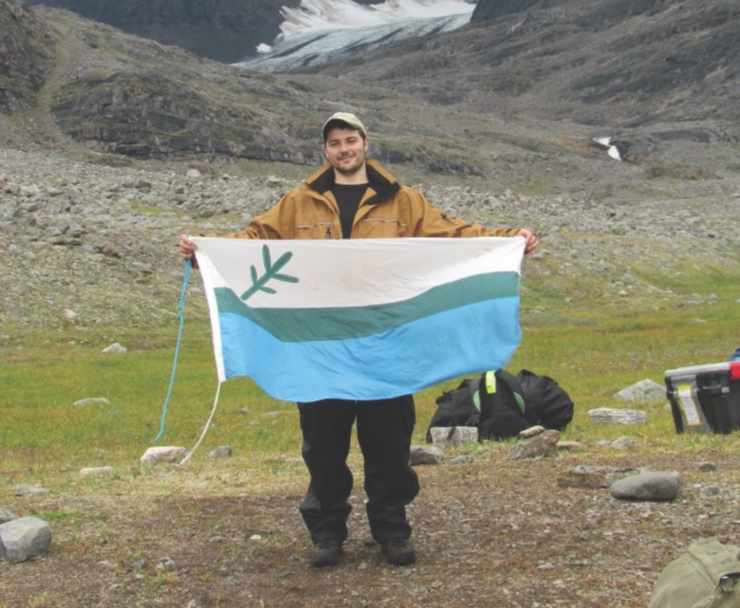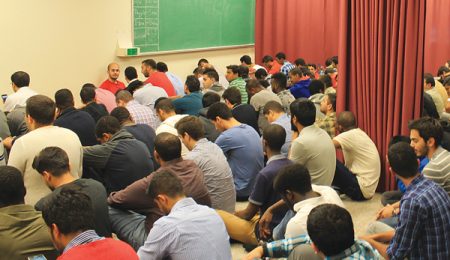U of O presents new research on global warming
Photo courtesy of Robert WayA recent study conducted by University of Ottawa PhD student Robert Way and York University professor Kevin Cowtan concluded that global warming is coming at a much faster pace than previously forecasted.
The United Kingdom’s national weather service Met Office released data that suggests global warming is in the midst of a pause. However, their data only covered 84 per cent of earth’s surface. The Met Office’s lack of operational weather stations in remote regions in the Arctic and Antarctica makes it difficult to estimate temperatures in “the areas which are disappearing the most quickly,” according to Cowtan.
Way and Cowtan’s report, which had been under peer review since May, found a way to estimate the temperatures for the remaining areas using a method called kriging. Using data dating from 1979, Way and Cowtan made a strong case against claims that we are experiencing a global warming pause and that Arctic sea ice is reforming.
“What we’ve done in essence is develop a new way to produce temperature records,” Way said. “Previous temperature records had issues in that they didn’t provide much in terms of regions because there are not a lot of operational weather stations. What we’ve done is used weather stations in the Arctic, Antarctic, and elsewhere, and used satellites in these areas that otherwise we wouldn’t have been able to. For every six months since 1979, we estimated temperatures and added up all the numbers.”
Way said last year’s sea ice measurements were the lowest ever recorded while this year’s were the fifth or sixth lowest. This prompted speculation that the trend of global warming is reversing. However, Way, who is studying permafrost distribution in the eastern Canadian sub-Arctic region, said one cannot make rash conclusions because global warming is “not a straight continuous function.”
“One of the things that characterize climate change in particular,” he said, “is that in different periods of time some areas experience accelerated warming, and in other periods of time they experience less warming. It’s not a straight continuous function. It’s choppy, there are very warm periods, and there are peaks.”
Way, who hails from Labrador, said he has witnessed the effects of global warming first-hand. He said he can “viscerally recognize that there has been a change in climate conditions.” For example, the winter of 2010 was comparatively a very cold season for most of the United States and southern Canada, but it was significantly warmer for northern regions of Canada.
Way remembers that because of the unusually warm climate, numerous coastal communities that rely on the ice as a means of travel were isolated. Inuit communities in Canada’s North are having trouble sustaining themselves with the advent of a warmer climate. He said in most parts of the world there is still some discussion on the extent of global warming, but for northern Canadians, there is “no debate whether there’s climate change.”





